Here are the top ten most viewed stories of 2021 from the Canadian Energy Centre
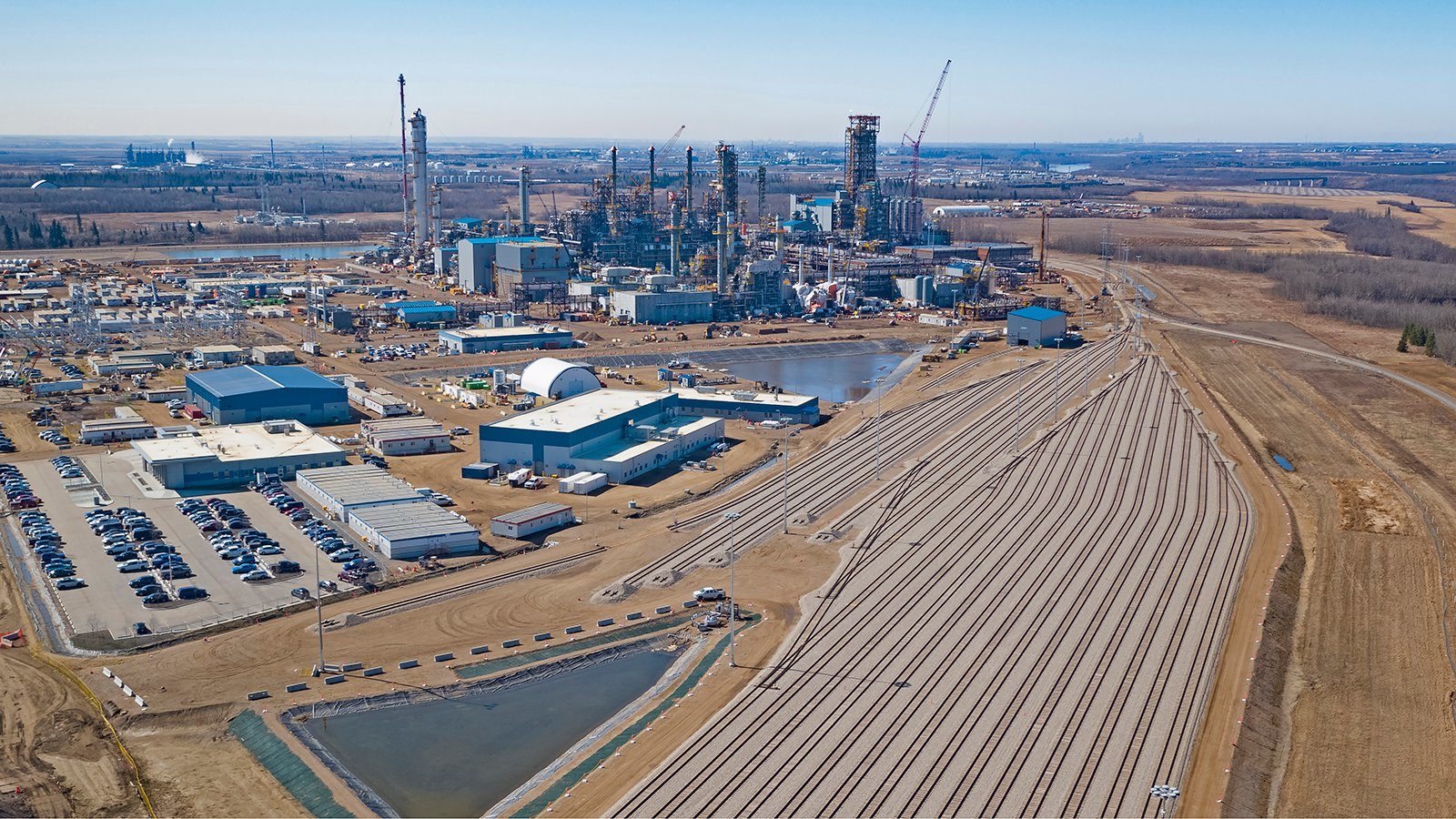
10. New Alberta plastic plant nearing completion
Construction is in the home stretch for the first integrated project in North America that will generate recyclable plastic for use in everyday products from abundant supplies of low-cost propane.
Inter Pipeline Ltd.’s $4.2 billion Heartland Petrochemical Complex near Edmonton is now more than 90 per cent complete. The project will produce polypropylene, one of the most used plastics in the world, with greenhouse gas emissions 65 per cent below the global average.

9. Research Brief: Canada’s oil sands and local First Nations
First Nations involved in Canada’s oil sands industry experience significant and profound positive economic benefits, according to Canadian Energy Centre research.
Using Statistics Canada data, CEC highlights four First Nations communities in the heart of the Alberta oil sands, finding that all four have less dependency on government transfers, lower unemployment, and higher incomes.
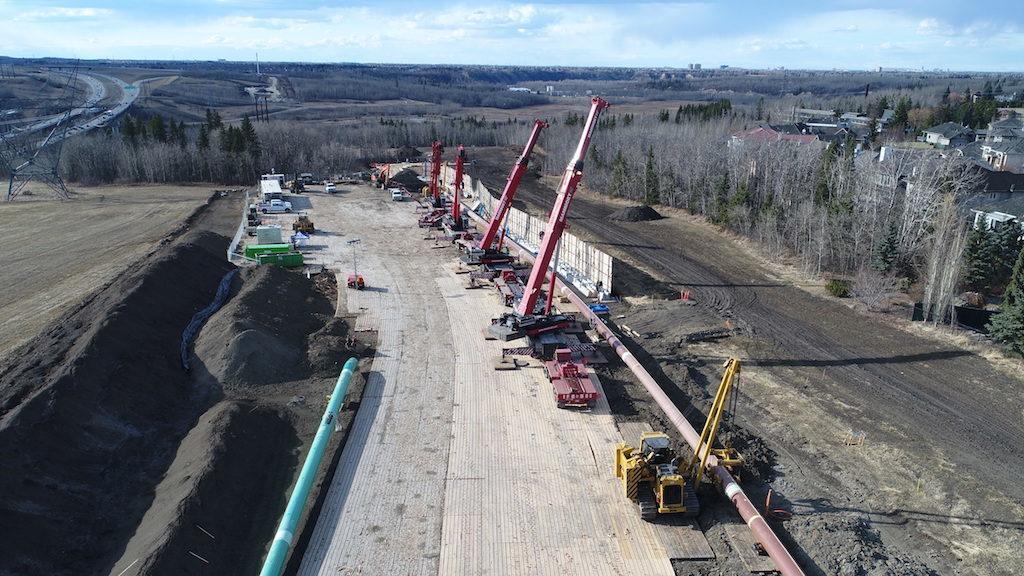
8. A Matter of Fact: Seven reasons the Trans Mountain Pipeline Expansion is good for Canada
Construction of the Trans Mountain Expansion project comes at the perfect time for Canada — from jobs and Indigenous opportunities to delivering responsibly produced energy to the world, CEC reports seven reasons why.
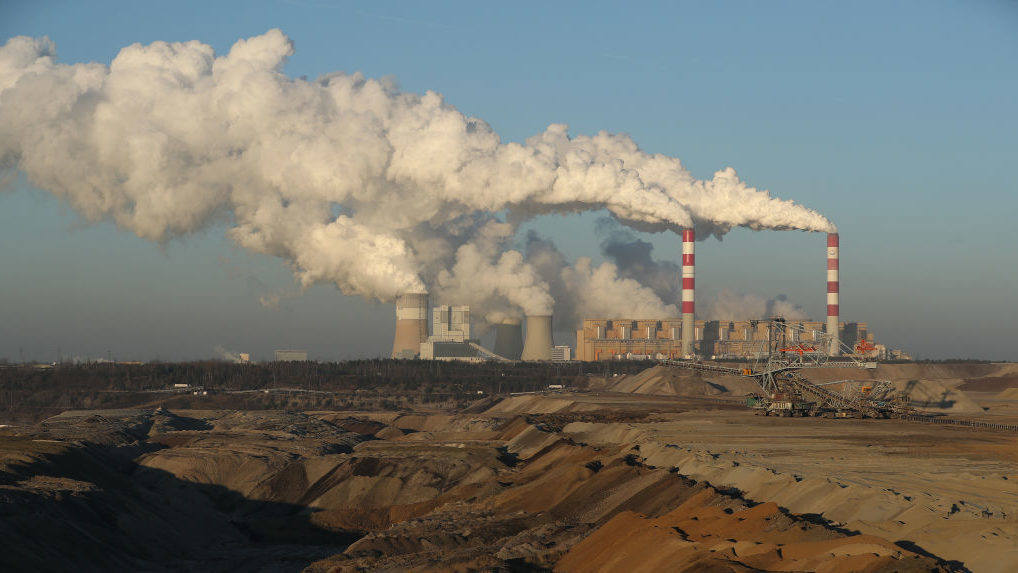
7. Canada’s oil and gas emissions dwarfed by handful of‘super polluter’ global coal projects
Researchers at the University of Colorado Boulder identified the world’s top 10 emitting power plants, finding that these facilities alone are responsible for 73 per cent of world CO2 emissions from electricity generation.
Switching these plants from coal to natural gas could reduce global CO2 emissions from electricity by as much as 30 per cent, researchers found.
If used in China to replace coal, natural gas from just one Canadian LNG project is expected to reduce emissions by 60 to 90 million tonnes per year — more than the emissions of Canada’s entire natural gas production sector.
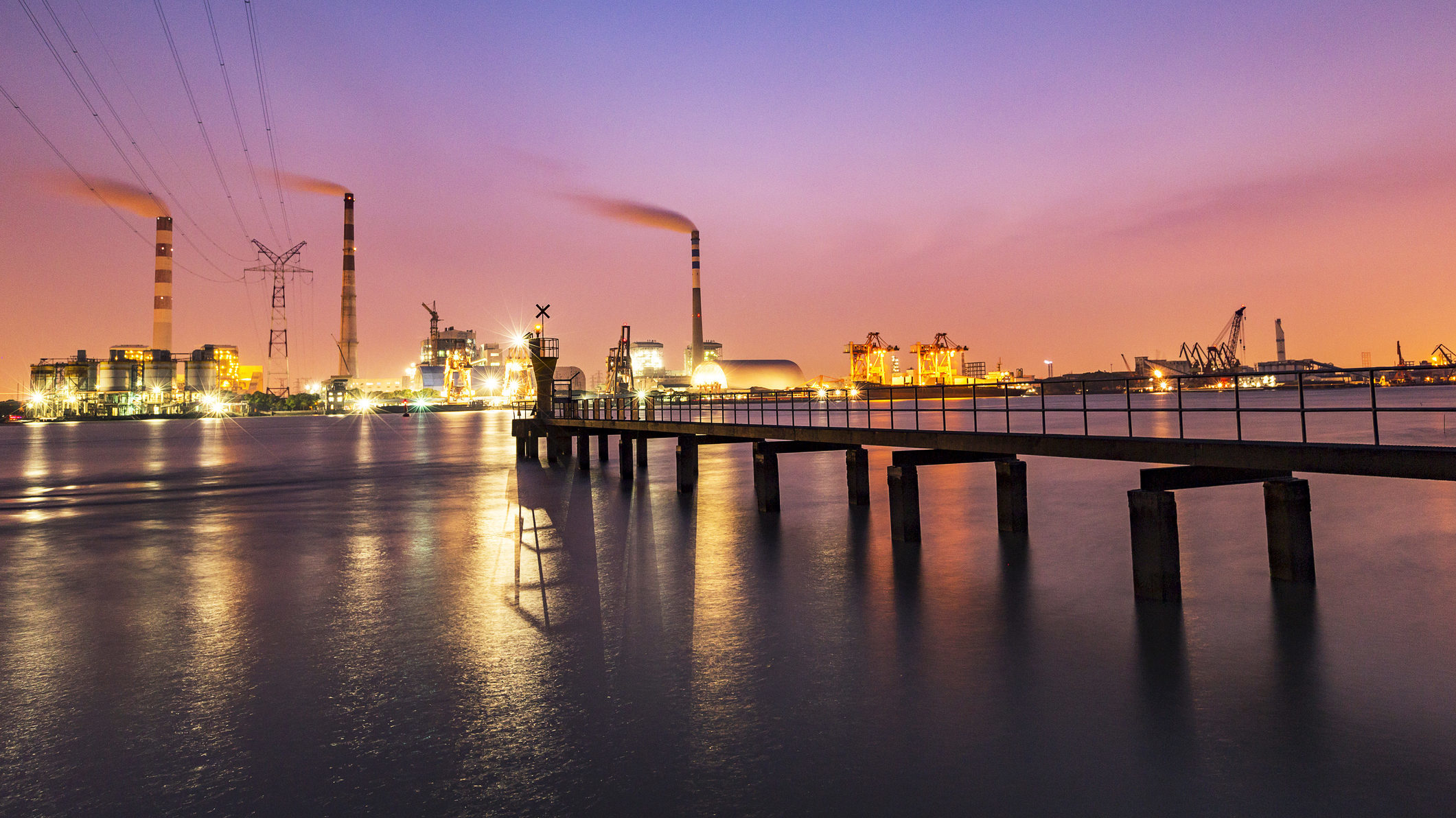
6. Carbon emissions and coal-fired power in Asia: Comparisons and new markets for Canadian natural gas
CEC research finds that coal continues to maintain its position as the world’s largest source for electricity generation, with growth continuing in China and other parts of Asia.
Natural gas exports from Canada can help facilitate coal-to-natural gas conversion and CO2 reductions, while creating economic opportunity in British Columbia and across the country.
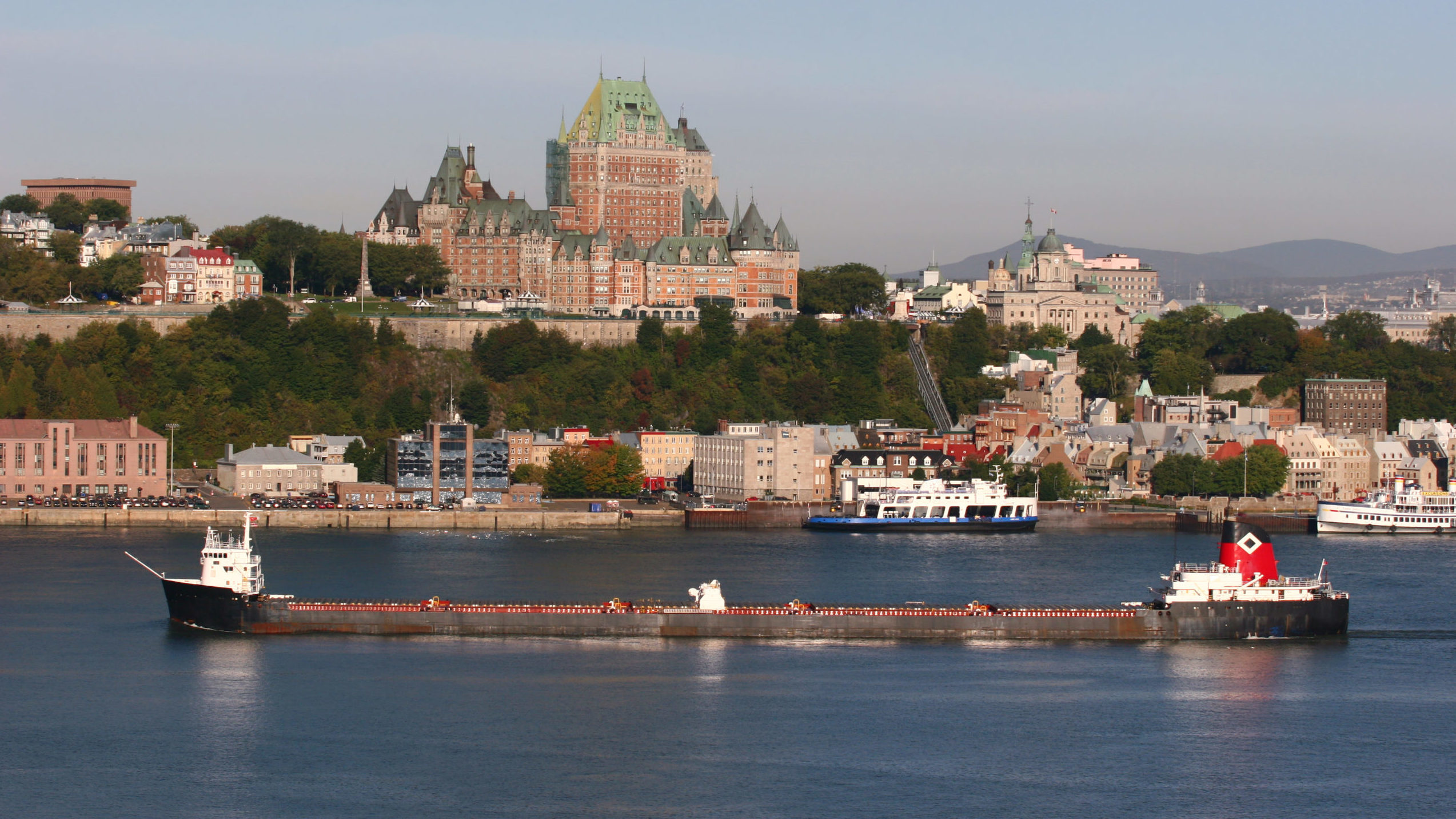
5. Foreign oil imports to Canada: $488 billion between 1988 and 2020
Despite Canada’s position as one of the world’s top oil producers with one of the largest global oil reserves, crude oil imports into Canada have become a significant part of the country’s energy mix, particularly since 2000.
CEC research finds that between 1988 and 2020, Canada spent $488 billion nominal ($604 billion in 2020 dollars) on foreign oil imports, with Quebec by far the largest importer of foreign oil into Canada, importing $228 billion worth of foreign oil since 1988.
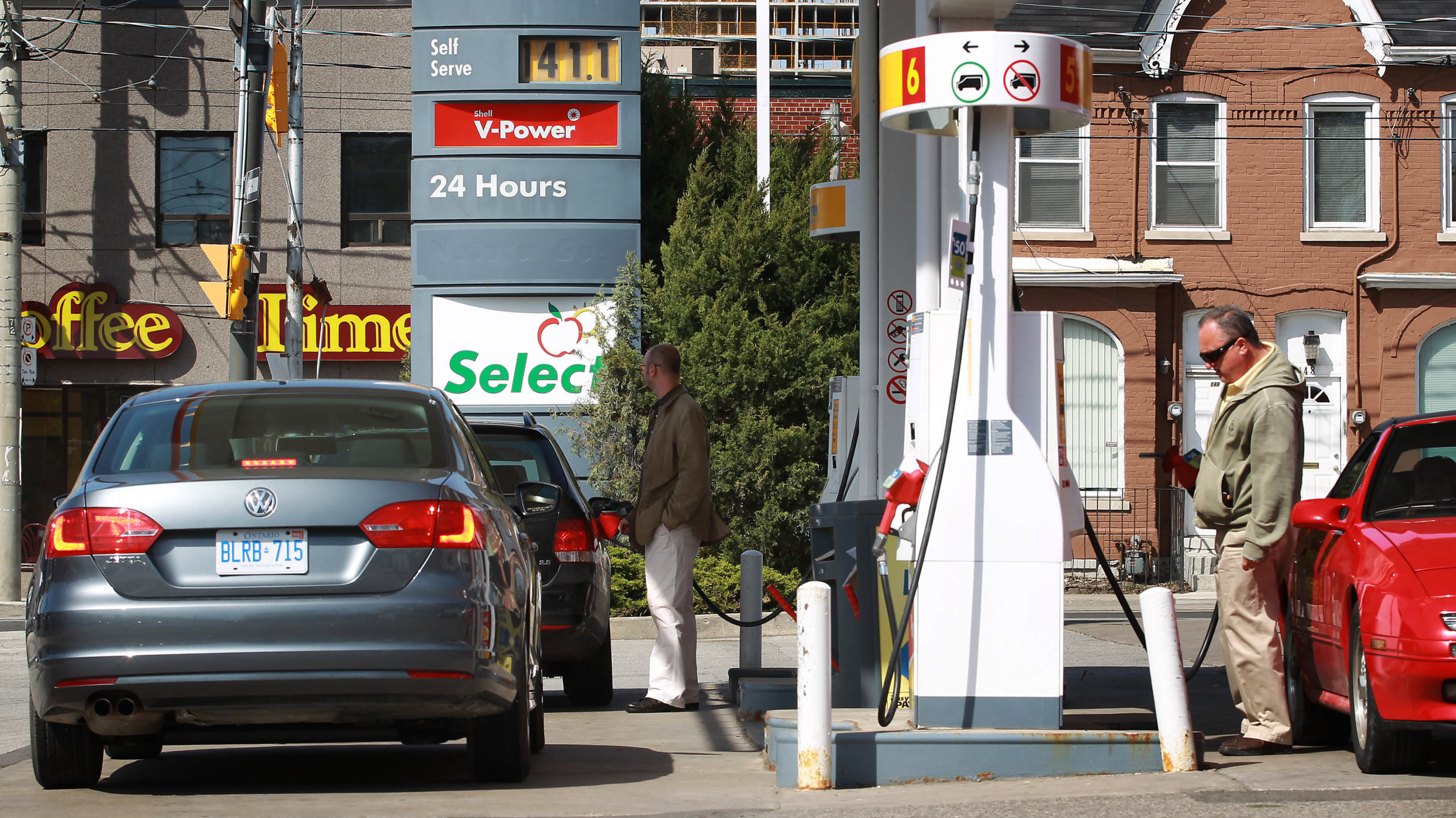
4. Up to 350 per cent higher at the pump by 2030: The impact of higher carbon taxes on gasoline prices
CEC research analyzed the federal government’s plan to increase the carbon tax to $170 per tonne by 2030, an increase of $130 per tonne from $40 in 2021. This 325 per cent increase in the federal carbon price will have a significant impact on the gasoline prices that Canadians will pay at the pump.
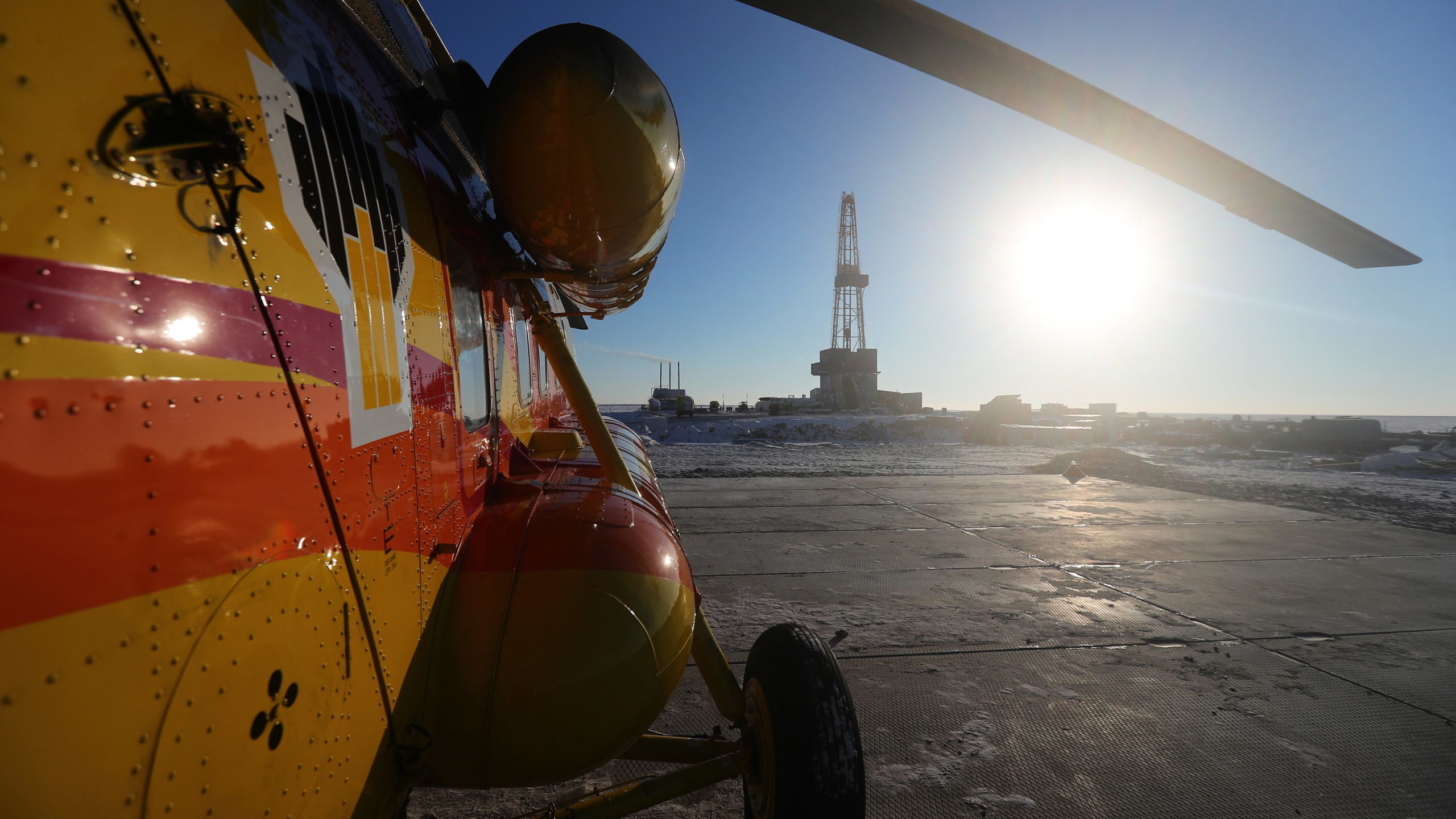
3. Russia firing up massive oil project to meet growing global demand as Canada sits on the sidelines
Russia’s largest oil company doesn’t seem to be buying into the flawed peak oil narrative that has taken over headlines around the world. Instead, Rosneft is setting up to fill the void left by companies like BP and Royal Dutch Shell as they pledge to reduce fossil fuel investment despite expectations for continued growth in oil demand.
It’s a void that Canada, despite its vast resources and high environmental, social and governance standards, is challenged to fill due to a lack of pipeline access and regulatory uncertainty.
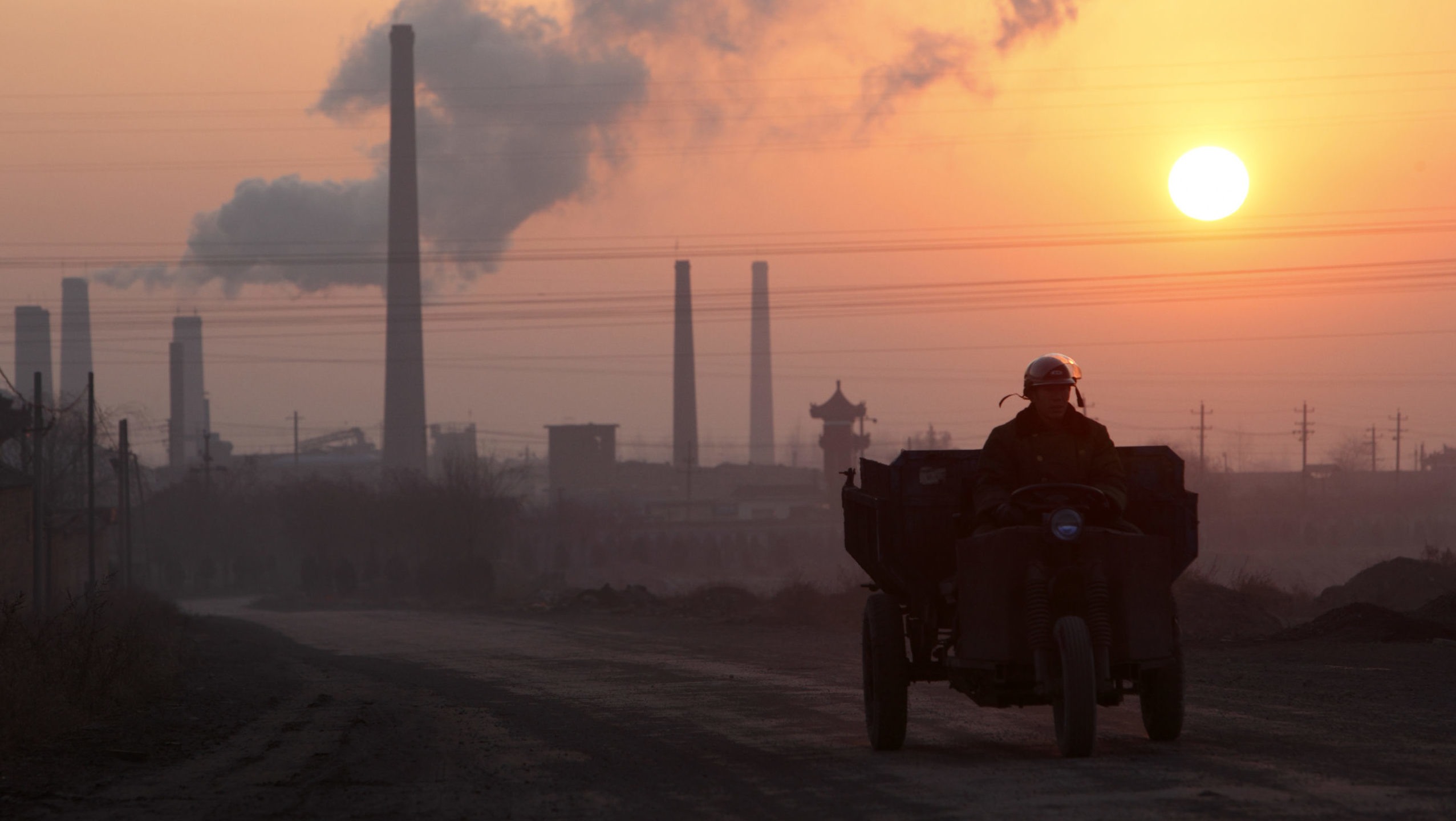
2. Commentary: China is building 184 coal plants– Guess what that will do to carbon emissions?
Some imagine that if Canada’s oil and gas industry disappeared, somehow world carbon emissions would magically evaporate as well.
The reality is that Canada’s greenhouse gas emissions are 1.6 per cent of the world’s total, and the emissions intensity of Canada’s oil and gas industry is going down. But that progress is wiped away by the dramatic increase in coal-fired electricity plants now being built worldwide, largely in Asia.
Canada has a surplus of natural gas that can be used to replace coal, helping reduce global greenhouse gas emissions. It’s an opportunity for Canada, for Asia, and the world.
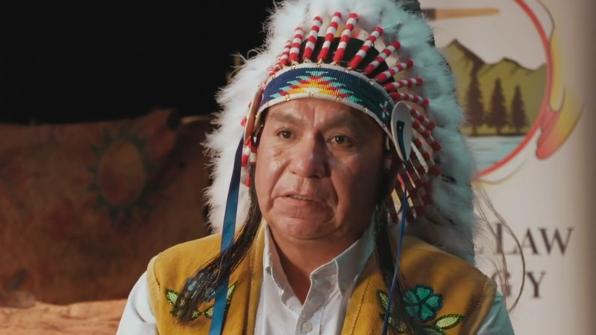
1. First Nation chief says Keystone XL project a lifeline for Indigenous communities
Saskatchewan First Nation Chief Alvin Francis had a little advice for U.S. President Joe Biden — grandfather to grandfather — following the cancellation of permits for the Keystone XL pipeline.
“I would say ‘President Biden, I do believe you made a bad decision putting Keystone on the backburner,’” said Francis, who leads a coalition of Canadian First Nations that entered into an equity agreement on the Keystone XL pipeline.
“I don’t think he realizes how far behind we are as Indigenous people from an economic development perspective. This could change the outlook of all First Nations in Canada and the U.S.”
Share This:





 CDN NEWS |
CDN NEWS |  US NEWS
US NEWS 



































COMMENTARY: Workers Must Be Part of the Energy Transition – Resource Works